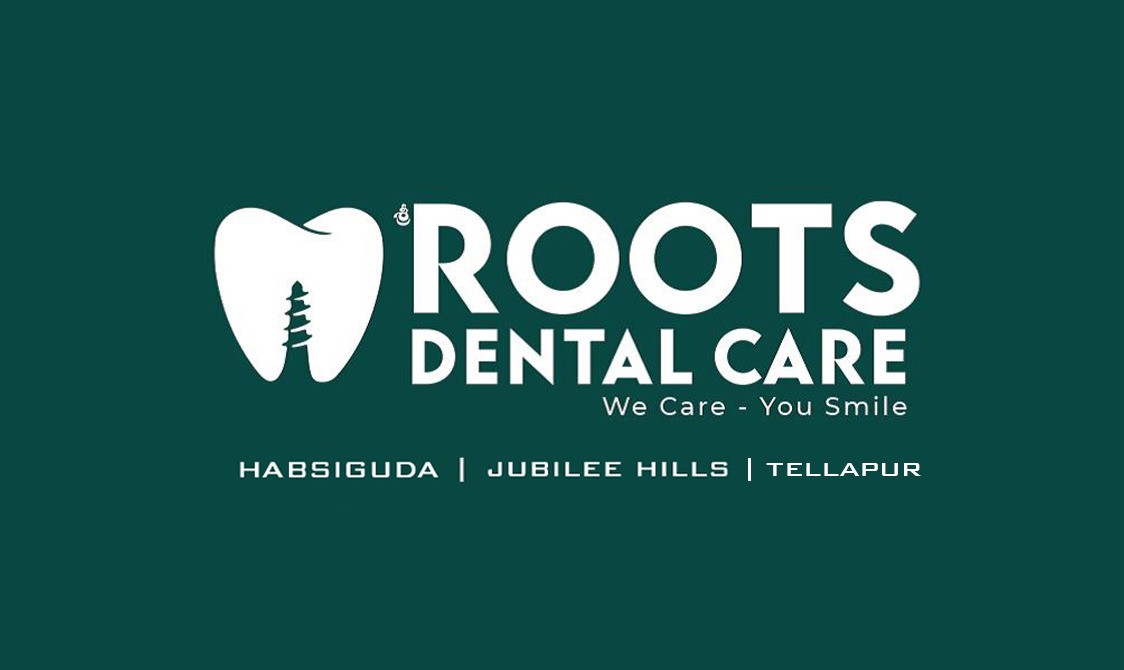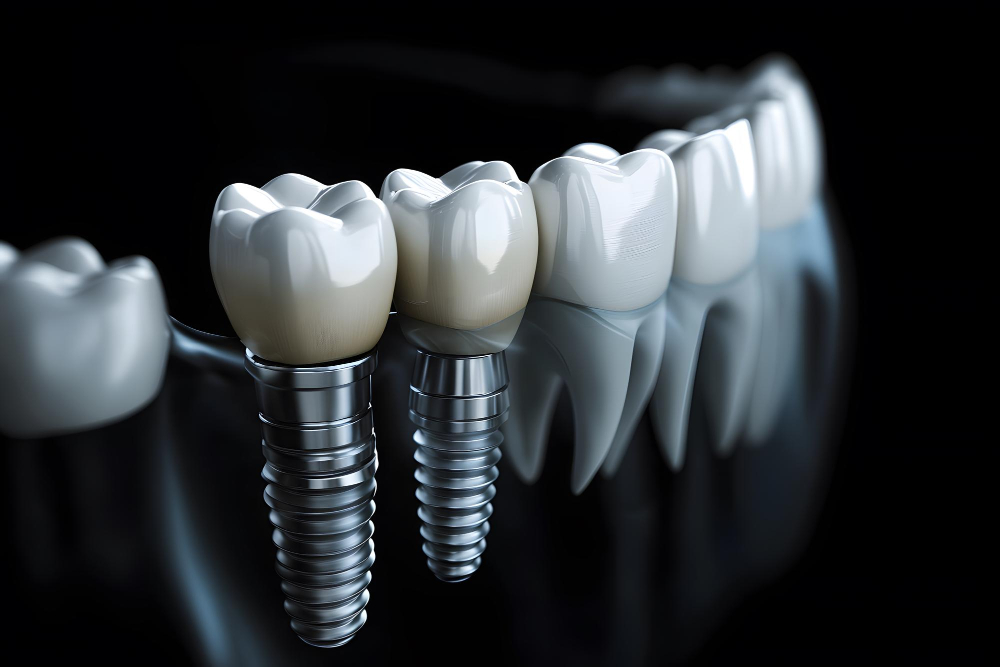Your toothbrush is an essential tool for maintaining good oral health, but how often should you replace it? Using a worn-out toothbrush can compromise your dental hygiene and lead to various oral health issues. At Roots Dental Care, serving the communities of Hasbiguda and Jubilee Hills, we recommend regularly replacing your toothbrush to ensure optimal oral care. Here’s a detailed guide on when and why you should replace your toothbrush to maintain excellent dental hygiene.
1. Recommended Replacement Frequency:
To maintain effective cleaning, it’s important to replace your toothbrush regularly:
- Every 3-4 months: The American Dental Association (ADA) recommends replacing your toothbrush every three to four months.
- Worn bristles: If the bristles become frayed or worn before the three-month mark, it’s time for a new toothbrush.
- Post-illness: Replace your toothbrush after recovering from an illness to prevent reinfection.
Sticking to this replacement schedule ensures your toothbrush remains effective in keeping your teeth and gums healthy.
2. Signs Your Toothbrush Needs Replacing:
Several signs indicate it’s time to replace your toothbrush:
- Frayed bristles: Over time, bristles lose their shape and effectiveness. Replace your toothbrush if you notice the bristles are splayed or frayed.
- Discoloration: If your toothbrush bristles become discolored, it’s a sign that it’s time for a new one.
- Odor: A toothbrush that develops an unpleasant odor should be replaced immediately.
Regularly checking your toothbrush for these signs will help you maintain optimal oral hygiene.
3. Impact of Worn-Out Toothbrushes:
Using a worn-out toothbrush can have negative effects on your oral health:
- Reduced cleaning efficiency: Frayed bristles are less effective at removing plaque and food particles.
- Gum irritation: Worn bristles can be harsh on your gums, leading to irritation and inflammation.
- Increased risk of bacteria: Old toothbrushes can harbor bacteria, which can be transferred to your mouth during brushing.
Replacing your toothbrush regularly helps prevent these issues and ensures a thorough clean.
4. Toothbrush Care and Maintenance:
Proper care and maintenance of your toothbrush can extend its lifespan:
- Rinse thoroughly after use: Rinse your toothbrush under running water to remove toothpaste and debris.
- Store upright: Keep your toothbrush upright and let it air dry. Avoid storing it in closed containers, as this can promote bacterial growth.
- Avoid sharing: Never share your toothbrush with others to prevent cross-contamination and the spread of germs.
Taking care of your toothbrush helps maintain its effectiveness and hygiene.
5. Choosing the Right Toothbrush:
Selecting the right toothbrush is crucial for effective brushing:
- Soft bristles: Choose a toothbrush with soft bristles to avoid damaging your gums and enamel.
- Comfortable handle: Ensure the handle is comfortable to hold and allows you to reach all areas of your mouth.
- Size: The toothbrush head should be small enough to reach the back of your mouth comfortably.
A well-chosen toothbrush enhances your brushing experience and effectiveness.
6. Electric vs. Manual Toothbrushes:
Both electric and manual toothbrushes can be effective, but they have different advantages:
- Electric toothbrushes: These can make brushing easier and more efficient, especially for those with limited dexterity. They often come with built-in timers to ensure you brush for the recommended two minutes.
- Manual toothbrushes: Manual toothbrushes are cost-effective and easily available. They give you control over the pressure and motion during brushing, which can be important for those with sensitive gums or specific brushing techniques.
Choosing between electric and manual toothbrushes depends on your personal preference and dental needs.
7. Impact of Proper Toothbrush Replacement:
Regularly replacing your toothbrush has several positive impacts on your oral health:
- Effective plaque removal: A new toothbrush with intact bristles effectively removes plaque and food particles, reducing the risk of cavities and gum disease.
- Healthier gums: Proper brushing with a new toothbrush helps prevent gum irritation and inflammation, promoting overall gum health.
- Better breath: Regular toothbrush replacement ensures effective cleaning of all areas of your mouth, contributing to fresher breath.
The simple act of replacing your toothbrush can lead to significant improvements in your oral health.
8. Pediatric Toothbrush Replacement:
Children’s toothbrushes also need regular replacement:
- Every 3 months: Replace children’s toothbrushes more frequently, about every three months, as they tend to wear out faster.
- Monitoring usage: Keep an eye on the bristles and replace the toothbrush sooner if it appears worn or frayed.
- Teaching good habits: Encourage children to take care of their toothbrushes and understand the importance of regular replacement.
Instilling good habits in children early on can set them up for a lifetime of good oral hygiene.
9. Environmental Considerations:
Consider the environmental impact of replacing toothbrushes:
- Eco-friendly options: Look for toothbrushes made from biodegradable materials or with replaceable heads to reduce waste.
- Recycling programs: Some companies offer recycling programs for used toothbrushes, helping to minimize environmental impact.
Making environmentally conscious choices can contribute to sustainability while maintaining good oral health.
Conclusion:
Regularly replacing your toothbrush is a simple yet effective way to maintain optimal oral health. By following the recommended replacement schedule, choosing the right toothbrush, and taking proper care of it, you can ensure that your brushing routine remains effective and beneficial. Whether you use an electric or manual toothbrush, the key is consistency and attention to detail. A fresh toothbrush not only keeps your teeth and gums healthy but also contributes to your overall well-being. So, mark your calendar and make toothbrush replacement a regular part of your oral care routine. Roots Dental Care, serving Hasbiguda and Jubilee Hills, is here to support you in all aspects of your oral health journey.


